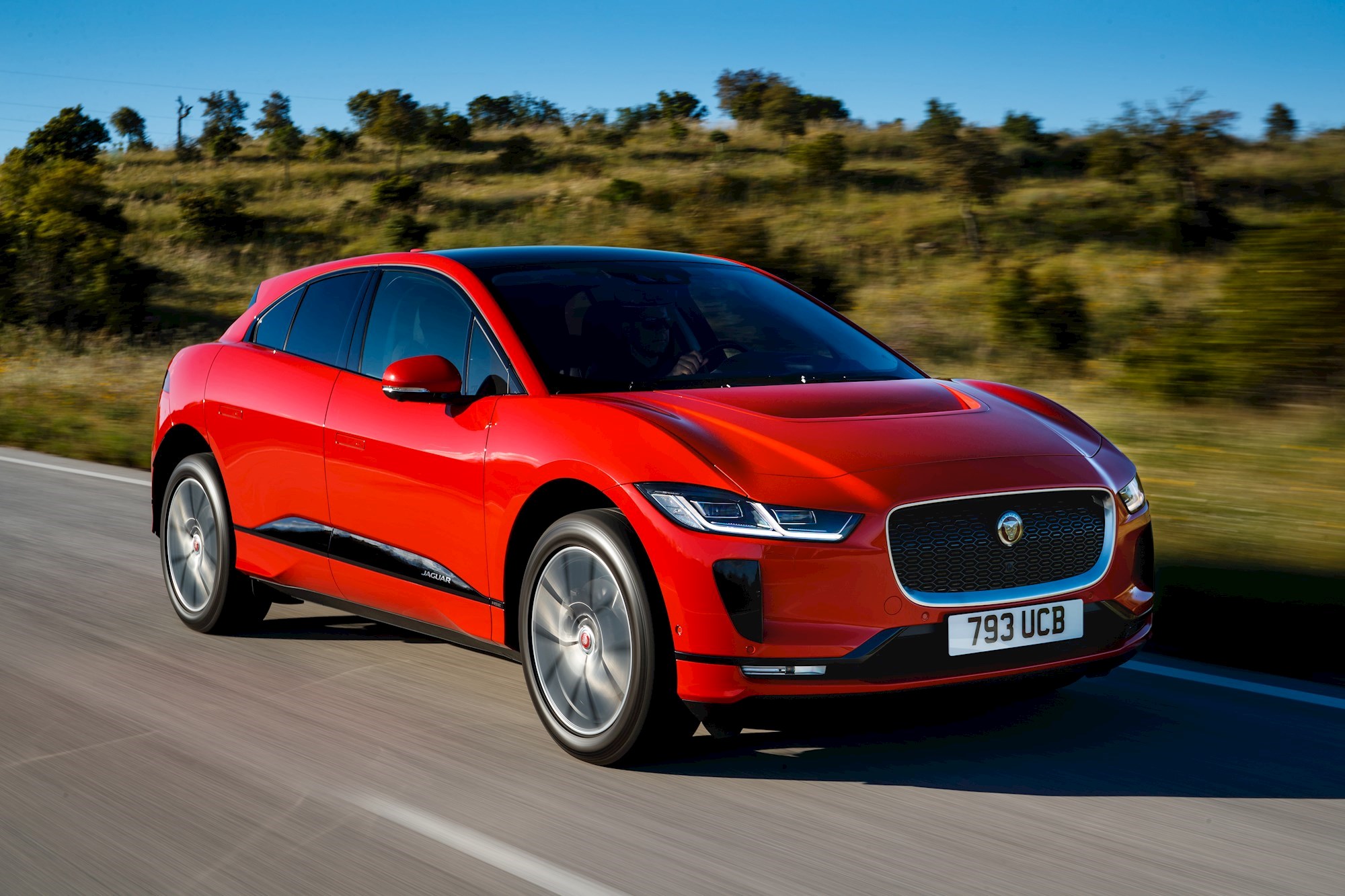Are electric cars any greener than conventional petrol and diesels when they use electricity generated by coal-fired power stations?
It's become a heated debate, but a new report looks to set the record straight with scientific data.
Analysis by research organisation BloombergNEF found that CO2 emissions produced by electric vehicles charged with non-renewable power are still 40 per cent lower than the outputs of cars with internal combustion engines.
Read more: An idiot's guide to hybrid, plug-in hybrid, and electric vehicles
Are electric cars any greener than conventional petrol and diesels when they use electricity generated by coal-fired power stations?
It's become a heated debate, but a new report looks to set the record straight with scientific data.
UK-based analysis by research organisation BloombergNEF found that CO2 emissions produced by electric vehicles charged with non-renewable power are still 40 per cent lower than the outputs of cars with internal combustion engines.
The report will be cited by electric-car promoters to quash suggestions that these vehicles, when charged with non-renewable electricity, are equally as damaging to the environment as conventional petrol and diesel engines.
BNEF's study concluded that the gap will only extend as years pass.
It added that electric cars will become cleaner in the future as power supplies shift from coal pants and more electricity is harvested using green sources, such as wind and solar farms.
As a result, the lifetime emissions of electric vehicles - which produce no exhaust pollution when driven on the road - will ultimately be much lower than the petrol and diesel engines that currently dominate sales in today's market.
Read more: Ford's massive macho F-150 pick-up is going electric
The report estimated that the growth of renewable energy production in the UK will see average vehicle emissions for the entire road network fall by up to 90 per cent by 2040.
Speaking about the report, Colin McKerracher, transport analyst at BNEF, said: 'When an internal combustion vehicle rolls off the line, its emissions per kilometre are set, but for an EV they keep falling every year as the grid gets cleaner.'
BNEF said 38 per cent of electricity generation last year was from zero-carbon sources - though calculated that it could rise to 63 per cent in 2040.
However, the debate about how environmentally friendly electric cars really are will continue to be argued.

Question marks still remain around the green credentials of batteries used in electric vehicles.
This includes the carbon footprint caused by procurement of raw materials, manufacturing of the batteries themselves, their use and difficulties to recycle them once they become defunct.
A record number of new electric and plug-in hybrid vehicles hit the road in 2018, status have shown. But while it was a record year, the stats suggest motorists are still in the transition phase to full electric models. While there is unquestionably a growth, electric models have a long way to go to overtake demand for petrol and diesel cars.
Read more: 12 electric cars that could be our post-petrol motoring future
Poppy Welch, head of Go Ultra Low (the joint government and industry campaign group that's attempting to promote the take-up of ultra-low emissions vehicles) said 2019 would be 'pivotal' for the electric car market.
'With even more new models being released, coupled with the introduction of initiatives such as London's Ultra Low Emission Zone, we're confident that the next 12 months will be a landmark year for the nation's switch to electric,' she said.
- Daily Mail




